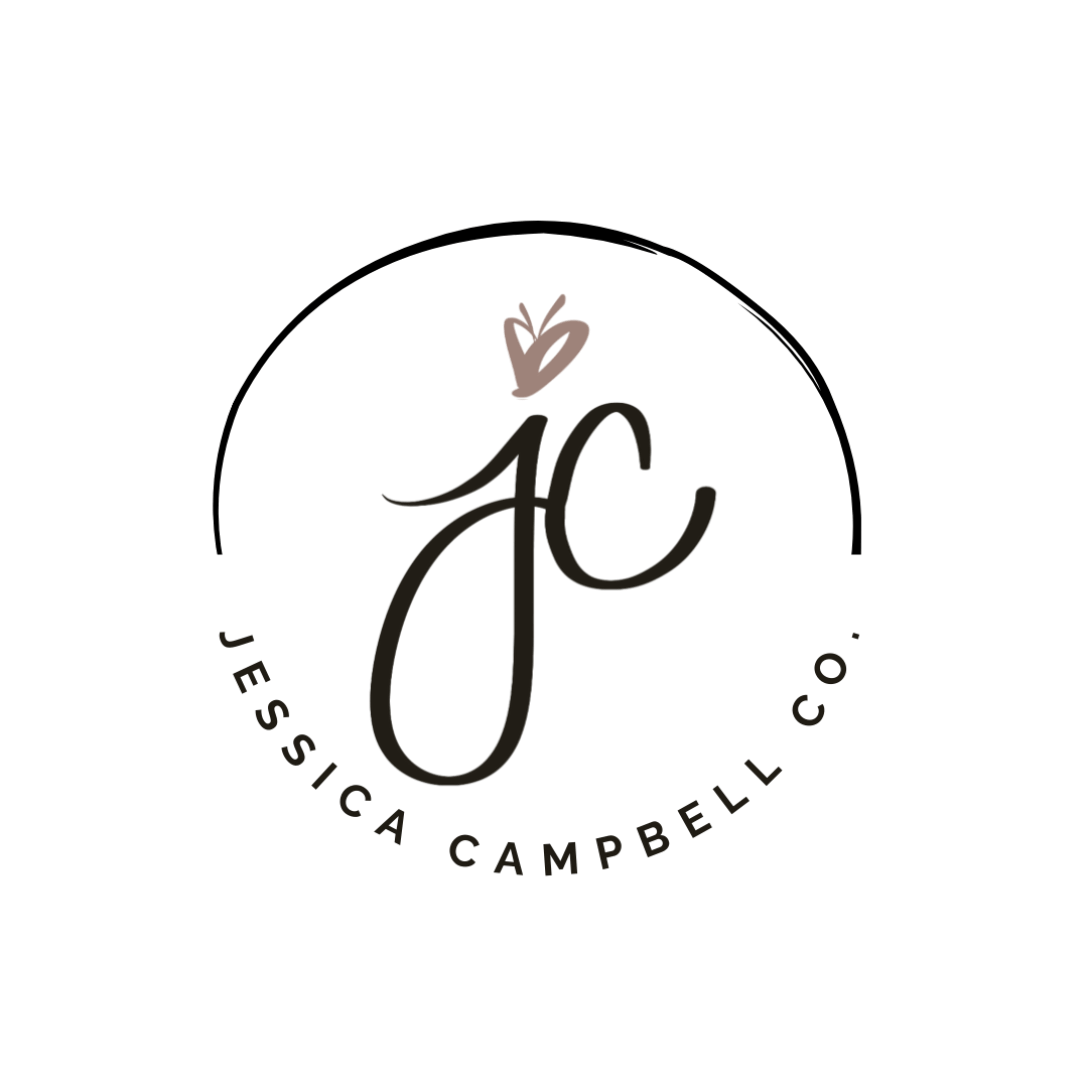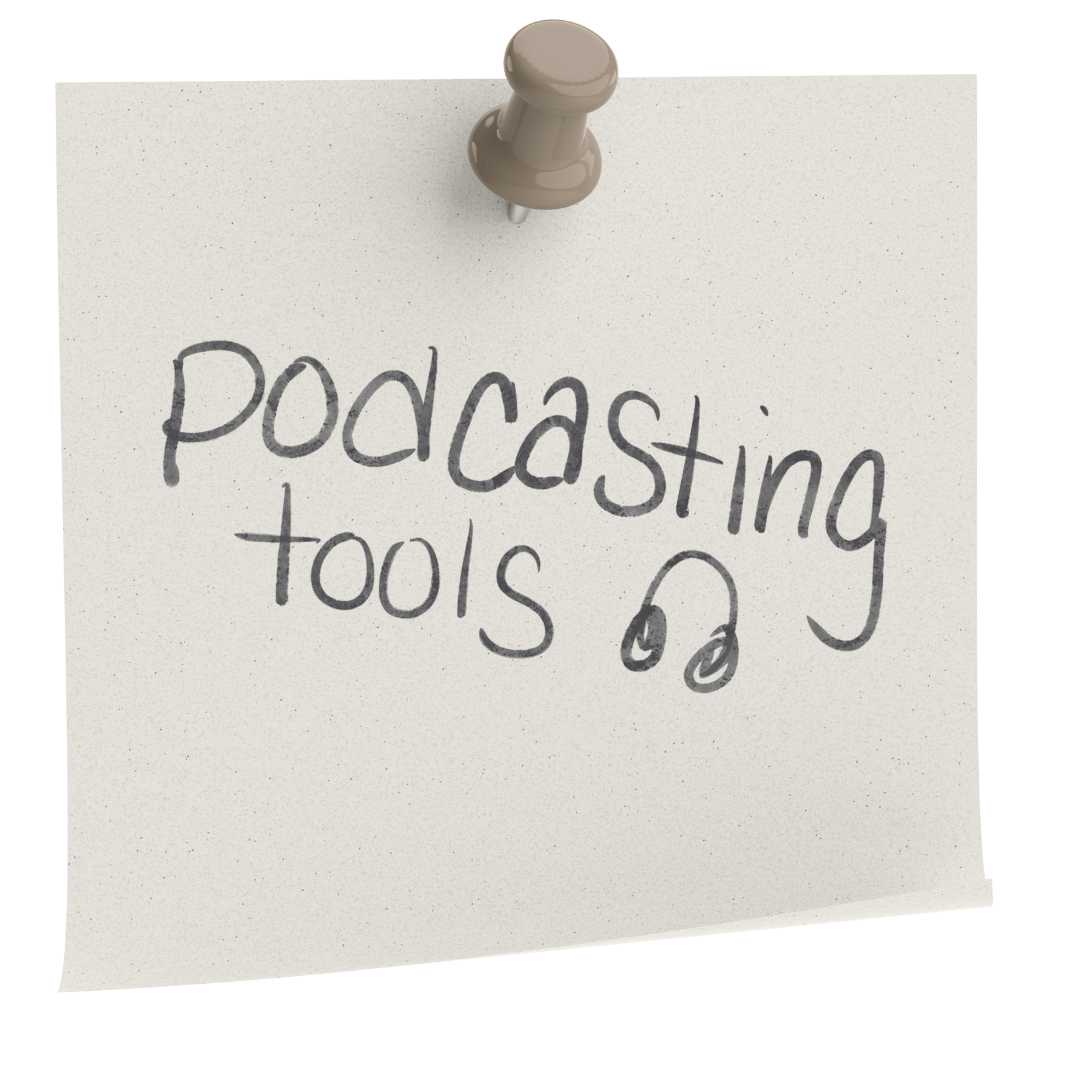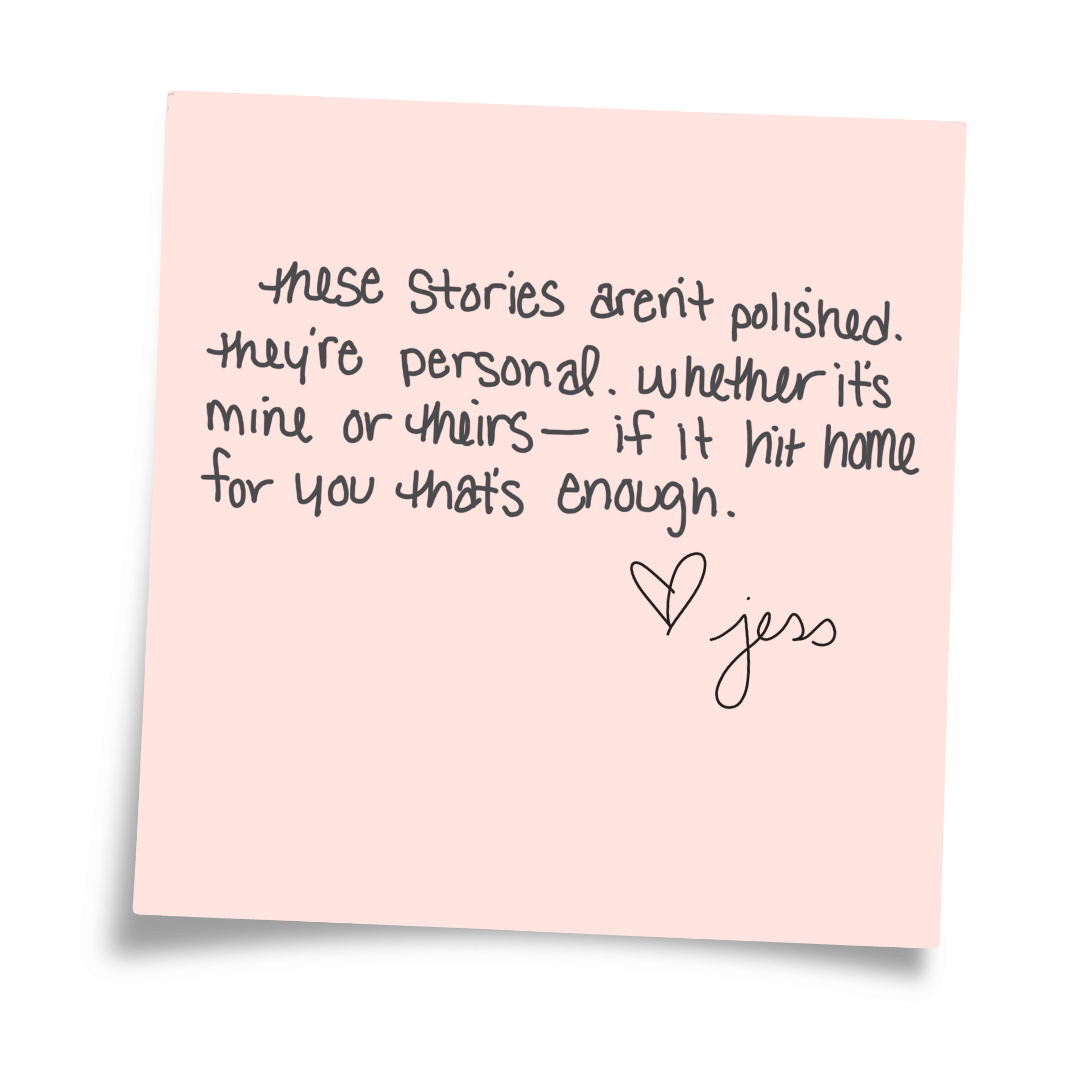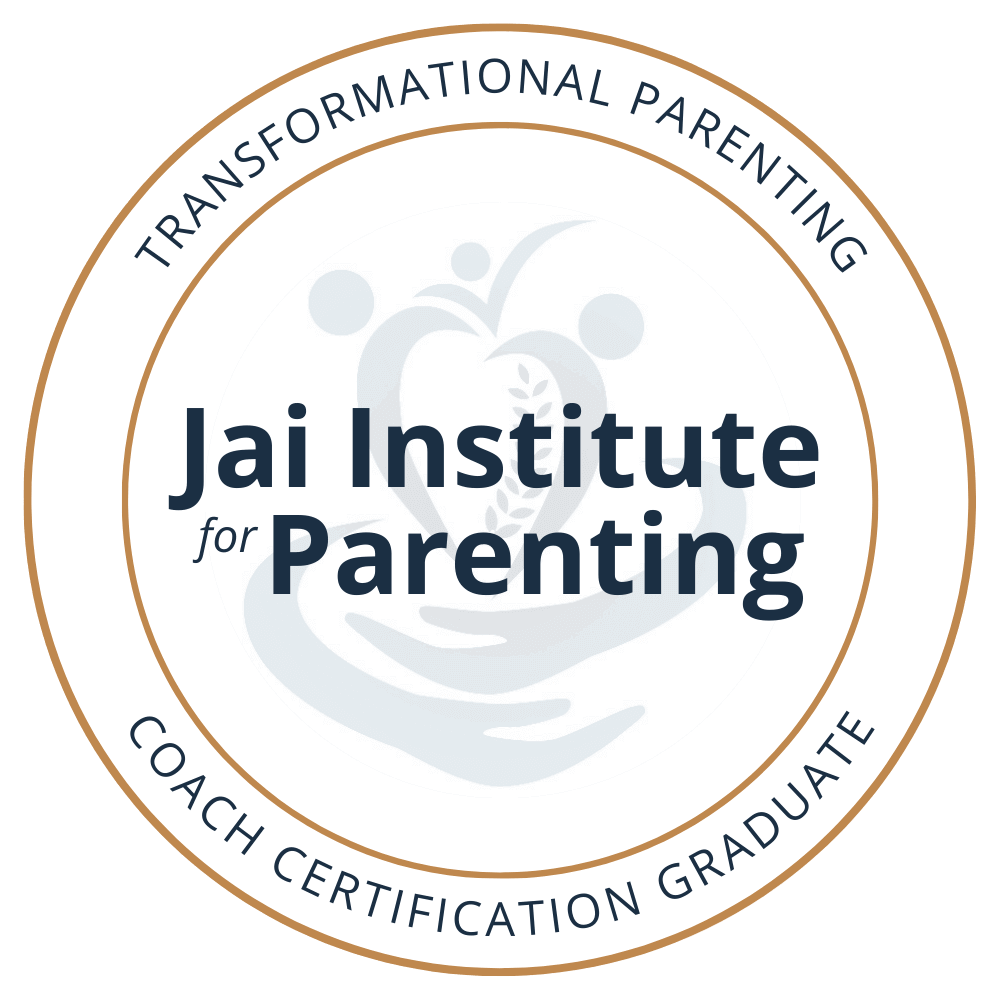
Let me be real for a second.
There are days where I’m holding back tears over a laundry pile while my kid is literally licking the wall. And in that moment, some part of me still thinks: “I should be more present. I should be more grateful. I should be… more.”
But here's what recent neuroscience is showing--and it changes everything:
Being emotionally present for just 20 minutes a day can literally rewire a child’s brain.
Not in a fluffy, “just breathe and everything’s fine” way. In a real, science-backed, your-kid’s-neurons-are-reshaping-as-we-speak kind of way.
Trauma Isn’t Just Emotiona--It IS Physical HEALTH
New studies are finally confirming what so many trauma-informed parents and coaches have felt in their bones: childhood trauma rewires the brain. Specifically, it triggers neuroinflammation. The kind that impacts memory, mood and stress regulation for life.
That means kids who grow up in chaotic homes, with neglect, abuse, or even chronic emotional stress, may carry the effects deep into adulthood. (Yeah. Same.)
But here’s the silver lining:
Our brains can heal. And connection is a major part of that healing.
Laughter Builds Emotional Resilience--Not Just Memories
Another study from Penn State dropped a truth bomb: Humor used in parenting builds stronger relationships.
Now, I’m not talking about doing TikTok bits or performing for your kid like you're on SNL. I mean lightness. Joking in moments of stress. Smiling at their weird drawings even when you’ve had zero sleep.
The study found that when adults grew up with humorous parents, they were more likely to use humor in their own parenting. And that humor helped buffer stress and build emotional flexibility.
Translation? Goofy dads and messy moms with bad puns might actually be helping their kids develop stronger nervous systems.
Presence Is a Superpower. And It Takes Less Than You Think.
The new Australian documentary SEEN makes a bold claim: Twenty minutes a day of distraction-free connection can rewire your child’s brain.
Twenty minutes.
Twenty minutes.
That’s it.
Featuring neuroplasticity expert Professor Selena Bartlett and parenting educator Maggie Dent, the film shows us what happens when kids feel seen, heard, and safe if even just once a day.
And listen, it’s not about doing crafts with glitter(the freaking herpes of crafts) or reading them ten...thousand books at bedtime. It’s literally just being with them and giving them your undivided attention.
No phone in hand. No multitasking. Just eye contact, warmth, and listening. For 20 minutes.
(That might sound easy. But we both know it takes intention.)
When Laughter and Presence Meet Healing
Here’s what blows my mind: when you combine presence and humor, you’re not just parenting. You are literally reshaping how your child processes the world. It's amazing to think about.
You’re showing them:
- Safety can exist even in the mess.
- Playfulness isn’t childish. It is joy in action.
- They don’t have to perform to be loved.
And the thing is: when you offer those to your kid, you heal parts of you too. You re-parent the part of you that never got that kind of attention or grace.
You know what that’s called?
Yep, Cycle breaking.
Let’s Make This Tangible: Try These 5 Simple Prompts
You don’t need to overhaul your life. Just try one of these this week:
- “What made us laugh today?” (Write it down.)
- During bedtime or dinner, say: “Here’s what I saw you do today that made me proud…”
- Schedule a phone-free 20-minute block. Even if it’s while folding laundry together.
- Let your kid see you be silly. Make a joke. Dance bad on purpose.
- Ask your child: “When do you feel the most seen by me?” (Brace yourself for that one.)
Real Talk Wrap-Up
I can not stress this enough...you do need to be perfect! You do not need to be a therapist. You do not need to have all the tools memorized.
You just need:
- A little awareness
- A moment of presence
- A dash of laughter
That’s it.
You deserve to feel connected, safe, and playful--not just your kids.
So next time you feel that guilt creeping up on you, wondering if you’re doing enough...
Ask yourself: Did I show up authentically today? Did I offer presence or lightness, even once?
That’s the work. That’s the healing.
It's using the capacity you have to do your best.
And it counts. Every. Single. Time.

Listen, you’re not hopeless. You’re human. You’re learning to know better so you can do better and make it last.
Two things can be true. Mom life can be F*CKING HARD, and also, it can be beneficial for your brain.
There was a study from Rutgers & Yale—37,000 parents, so yeah, huge study—that showed parenting is like brain exercise. It sharpens your brain and keeps it young. We want younger skin, right? What about younger-looking brains?
So when you feel like you're the worst mom because you struggle to keep up or stay calm? Guess what, girlfriend. THAT is you getting better. That’s the awareness kicking in. Growth in progress, right now, in the middle of it.
One of the coolest parts? Dads showed the same benefits. Male and female brains don’t always react the same way but this one lines up. Every diaper change, every bedtime meltdown...it’s not hormonal. It’s BEHAVIORAL. Connecting and adjusting as parents MATTERS.
Every emotional conversation, every “hold it together” moment when everything’s falling apart? That’s shaping and sharpening you.
Stop Shaming Growth And Start Praising The Hard
We throw around stuff like toddler brain, mom brain, baby brain... and there’s always shame underneath, like it’s proof we’re broken. But honestly? We need to stop labeling every hard patch as failure and start seeing it as part of the journey. It’s easy to slap “life’s a journey, not a destination” on a mug—but when are we actually living like that’s true?
"A smooth sea never made a skilled sailor." -Franklin D. Roosevelt
The truth is, we don’t. We default to guilt and shame. Like we’re defeated. For every exhausted parent out there: you are not ruined from pregnancy or parenthood. That spatial forgetfulness, that emotional exhaustion and dysregulation—that could be growth, not failure.
Imagine waking up and thinking: "even if today is hard, I’m coming out stronger".
And if you need facts to back that up, think hindsight bias. There’s a reason we say hindsight’s 20/20. You don’t always see it while you’re in it but that’s exactly how brains work. Every time you come out of a hard moment, you’ve learned something. That is how rewiring happens. That’s brain formation.
And I’ll tell you this for free (thanks Bluey 🤣): every argument you step into with that belief in mind feels less heavy. It’s just more intentional.
Beliefs like this change how we hold ourselves accountable. How we show compassion. How we model parenting to our kids. It shapes how we value our lives, our chaos, our day-to-day.
Like anything, it takes practice. Emotional regulation, connection and consistency are not just goals. They’re mental exercise. Like building up any other muscle.
Think of every hug as a brain curl. Every meltdown as a Russian twist. (Maybe your last Russian twist because, they too, are brutal 🤣.) And all those tone shifts? That’s your distance cardio. Ongoing. And going. And going...
You might get turned off by things that feel fluffy or woo-woo but this is not that.
It’s neuroscience.
And there’s real encouragement in knowing this meets you where you are: completely exhausted but still doing damn well and moving forward!
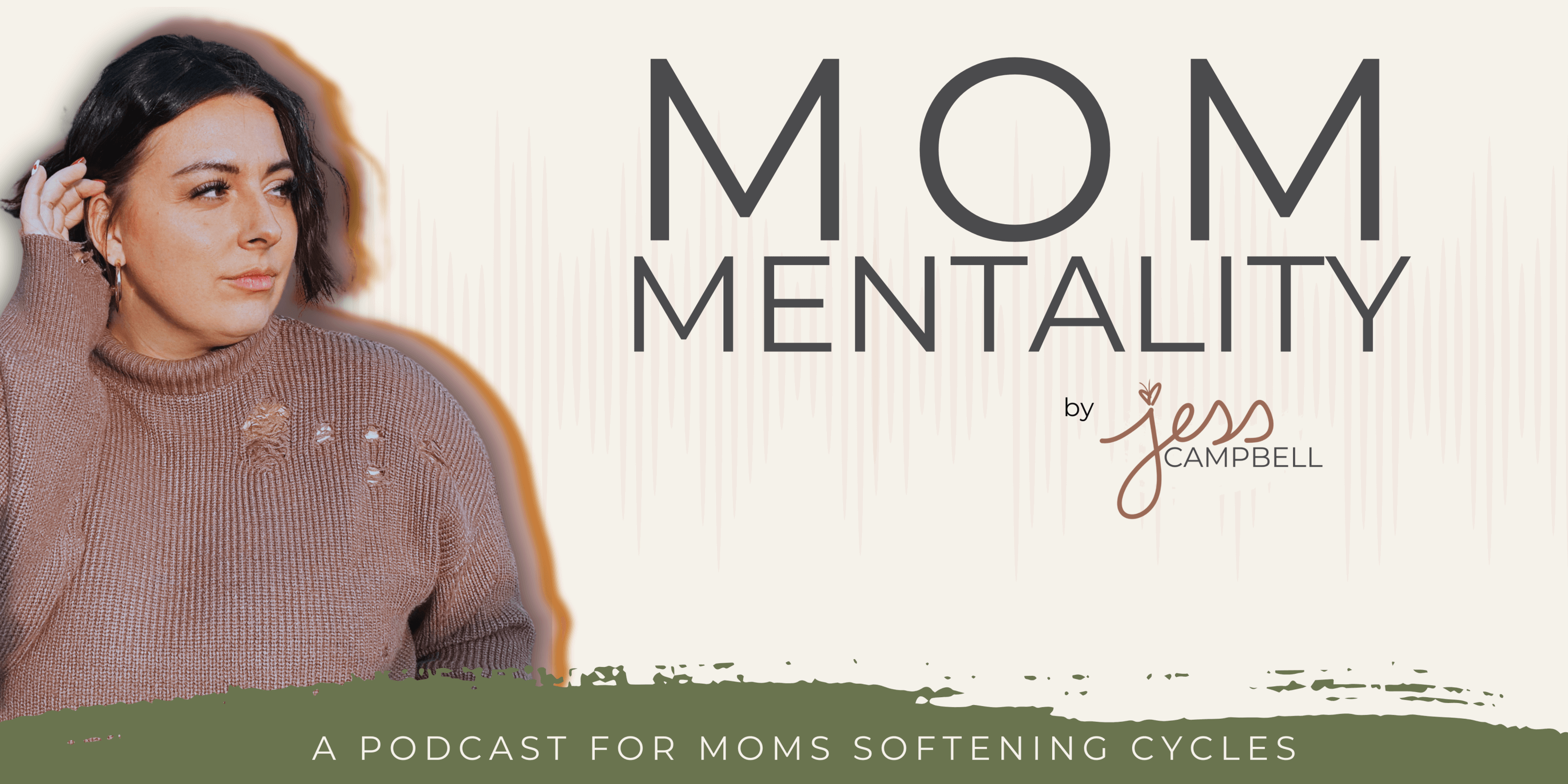
In this blog post, we’ll explore how toxic parenting affects your mindset, how to heal while raising children, and practical strategies to ensure your kids grow up in a healthier environment than you did. If you’ve ever felt triggered by your child’s emotions, struggled with guilt, or found yourself repeating behaviors you swore you’d never mimic—this is for you.
What is a Toxic Parent?
A toxic parent isn’t just someone who was strict or set firm rules. Toxic parenting involves behaviors that are emotionally damaging and manipulative, often leading to lifelong struggles with self-worth, anxiety, and emotional regulation. Some common traits of toxic parents include:
- Dismissing or invalidating your feelings
- Using guilt, fear, or manipulation to control you
- Explosive anger and making you responsible for their emotions
- Ignoring or neglecting emotional needs
- Making love feel conditional on performance or obedience
If any of these sound familiar, it’s important to acknowledge that your childhood experiences were real and had an impact on you. You’re not overreacting, and you’re not alone.
How Toxic Parenting Affects You as a Parent
Even if you swore you’d never be like your parents, their behaviors can still show up in your own parenting—especially in high-stress moments. You might notice yourself:
- Doubting your parenting decisions and overanalyzing every choice
- Feeling overwhelmed by your child’s big emotions because you weren’t allowed to express your own
- Struggling with perfectionism and guilt, feeling like you need to be a “perfect” mom
- Overcompensating by giving your kids everything you never had
- Shutting down emotionally when parenting becomes too overwhelming
The good news? The fact that you’re aware of these patterns means you’re already breaking the cycle. Many people never even recognize these behaviors, but you have the self-awareness to make changes—and that’s powerful.
Steps to Healing While Raising Kids
Healing from toxic parenting is a journey, not a destination. Here are some actionable steps to help you heal while showing up as the parent you want to be.
1. Acknowledge & Validate Your Feelings
Your experiences were real, and they shaped who you are today. Healing starts with giving yourself permission to feel what you feel—without gaslighting yourself or making excuses for your parents. If it hurt you, it mattered.
2. Reparent Yourself
Reparenting means giving yourself the love, validation, and support you didn’t receive as a child. Ask yourself:
- What did I need as a child that I didn’t get?
- How can I give that to myself now?
- How can I provide that for my children?
If your parents dismissed your feelings, practice validating your own emotions. If you were never comforted, start offering yourself self-compassion. The more you heal your inner child, the more present and responsive you can be with your own kids.
3. Regulate Your Nervous System
Childhood trauma keeps your nervous system in survival mode, making it easy to react impulsively when triggered. The key is learning to self-regulate so you can respond instead of reacting.
Try:
- Deep breathing exercises (like box breathing or belly breathing)
- Taking an “empowered pause” before reacting
- Placing a hand on your heart and reminding yourself, “I am safe. I am in control.”
- Grounding techniques like touching something cold, counting objects, or listening to calming music
When you learn to regulate yourself, you can help your children do the same.
4. Teach Emotional Intelligence to Your Kids
Breaking the cycle means teaching your kids what you weren’t taught. Instead of shutting down their emotions like your parents may have done, help them navigate their feelings in a healthy way.
- Validate their emotions (“It’s okay to be sad. I’m here for you.”)
- Teach them words for their feelings (“It sounds like you’re feeling frustrated.”)
- Model self-regulation (“I’m feeling overwhelmed, so I’m going to take a deep breath before I respond.”)
By giving your children emotional intelligence skills, you’re ensuring they won’t have to heal the same way you do.
5. Repair After Mistakes
You will make mistakes. That’s a fact. But the key to breaking the cycle isn’t being a perfect parent—it’s knowing how to repair when things go wrong.
- Apologize when necessary (“I’m sorry I yelled. That wasn’t okay.”)
- Show your child that mistakes are part of learning (“I got frustrated, but I’m working on being more patient.”)
- Model accountability and growth
Your children don’t need perfection—they need presence.
6. Set Boundaries with Toxic Parents
If your toxic parent is still in your life, it’s essential to set boundaries to protect your mental health and your children. Remember:
- You don’t owe them access to your children if they’re harmful
- You can set boundaries around communication, visits, and interactions
- Guilt is often a sign of conditioning, not actual wrongdoing
If you choose to stay in contact, enforce boundaries around toxic behaviors. If necessary, going low-contact or no-contact is a valid and healthy option.
Final Thoughts: You Are Enough
Healing from a toxic childhood while raising kids is challenging, but it’s absolutely possible. Every small step you take toward awareness, regulation, and connection is a step toward breaking the cycle for good.
Affirmation for Today:💬 “I am healing. I am breaking cycles. I am enough.”
You don’t have to be a perfect parent to raise emotionally healthy kids—you just need to be present and willing to grow.
Next Steps:
- Listen to the full podcast episode
- Share this post with a fellow parent who might need encouragement.
- Follow me on social media for more tips on cycle-breaking and conscious parenting.
You’ve got this. And I’m cheering for you.
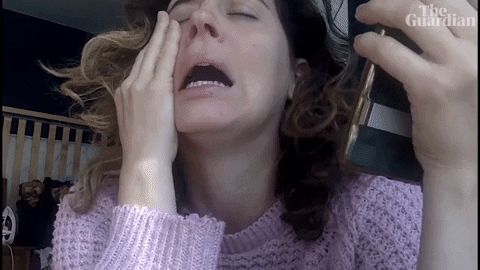
Parenthood is wild. One day, you’re glowing with joy as your baby coos at you, and the next, you’re googling “why won’t my toddler eat anything but ketchup” at 2 a.m. For some of us, the early years of parenting can feel like an endless cycle of exhaustion, guilt, and “Am I the only one struggling this much?”
Spoiler alert: You’re not.
Let’s talk about what it’s like when parenting feels heavy, the ways it can mess with your mind, and how to find those little sparks of light along the way.
When Parenting Feels Like Too Much
You might have imagined yourself as that parent—the one with the Pinterest-perfect snacks, a spotless living room, and a kid who says “please” every time. But then reality hits, and it’s chaos. Some days, you might find yourself completely drained and wondering if you’re cut out for this.A lot of parents feel this way, especially when juggling multiple kids, working, or just trying to survive on three hours of sleep. Feeling overwhelmed doesn’t mean you’re a bad parent—it means you’re human.
Why Does It Feel So Lonely?
Here’s the thing: Even when you have family and friends around, you can still feel completely alone. Well-meaning advice like, “Oh, just sleep when the baby sleeps!” or “Cherish every moment!” can sometimes make things worse. You might find yourself thinking, “Yeah, okay, but when do I actually pee in peace?”
It’s easy to assume that everyone else has it together. Spoiler: They don’t. Most parents are figuring it out as they go, just like you.
What You Can Do When It All Feels Like Too Much
No magic wand will make parenting easier (if only!), but there are ways to lighten the load. Here are a few tips that might help:
- Cut Yourself Some Slack
Seriously, give yourself a break. You don’t have to be perfect. You don’t have to do it all. Some days, just keeping the kids alive and fed is a win. - Find the Tiny Wins
On the hard days, look for the small victories. Did you make it through bedtime without tears (yours or theirs)? Did you sneak in a hot shower? Those moments count. - Ignore Unhelpful Advice
Not every piece of advice is worth following. It’s okay to smile, nod, and do your own thing. You know your family better than anyone else. - Find Your People
Parenting is easier when you have a village. That could be an online group, a few local moms who get you, or even a trusted friend who’ll listen without judgment. - Take Care of Yourself
I know, I know—easier said than done. But even five minutes a day to drink your coffee hot (if your into that sorta freaky stuff 😉 ), do a quick stretch, or just sit quietly can make a huge difference.
Resources That Can Help
If you’re feeling stuck, here are a few places to turn:
- Postpartum Support International: A lifesaver for parents struggling with postpartum stuff.
Website: postpartum.net - Parenting Podcasts
- Online Communities: Parenting groups on Facebook or Reddit can be goldmines of support (and funny memes).
- Local Resources: Check your hospital or community center for parenting classes or support groups.
Remember, You’re Not Alone
Parenting is hard. It’s messy, unpredictable, and sometimes downright overwhelming. But you’re not the only one feeling this way, even if it seems like everyone else has it figured out. (They don’t. Trust me.)
It’s okay to admit you’re struggling, and it’s okay to ask for help. You don’t have to do this alone. Find your people, hold onto those little moments of joy, and I promise: You’re doing better than you think.
At the end of the day, there’s no one-size-fits-all for parenting. It’s about surviving the chaos and finding the moments that make it all worth it. So if you’re feeling overwhelmed, take a deep breath and know this: You’re not failing.
You’re just in the thick of it, and you’re not the only one.

Parenting is more than just raising kids—it’s a golden opportunity for personal development and healing, especially in addressing those unresolved childhood traumas. Let’s face it, the journey of parenting can dig up old wounds, nudging us toward a path of healing and self-discovery. Recognizing how unhealed childhood trauma can manifest in our emotions and behaviors empowers us to break those cycles and create healthier family environments. Here, we'll explore how embracing a healing mindset can rejuvenate both your approach to parenting and your personal growth. Dive in and join us on this transformative adventure. Stay connected with our community to get empowering insights and learn how to expand your capacity to love more deeply.
Kicking off your healing journey begins with spotting those unhealed childhood traumas. Whether it’s emotional triggers or relationship challenges, these things can pop up when you least expect them—often while you’re parenting. The key?
Acknowledge these signs without casting blame, and instead take a reflective approach to understand how past experiences shape your current reactions. With practiced self-awareness, you can break free from trauma-induced cycles. This mindset encourages addressing the root causes of your emotional responses. It’s not about placing blame but embracing compassion for yourself and others.
Try journaling or chatting with a professional to gather insights into your journey. Recognizing and understanding your trauma can transform your parenting approach, fostering a nurturing environment for growth and healing. Remember, healing’s more of a voyage than a destination!
Want to heal that childhood trauma?
Start by acknowledging its presence in your life. Self-awareness is your best ally here, helping you see how those past experiences influence how you react today.
Mindfulness is another powerful tool—it gives you the space to process emotions before reacting.
And don’t forget therapy!
It’s a fantastic resource, offering expert guidance and support to uncover patterns needing healing. Creating a support network with those who get what you’re going through is equally vital—they’ll give you that needed sense of belonging. Use creative outlets like art or writing for some non-verbal emotional processing—super therapeutic! Remember, healing looks different for everyone, and it’s a journey requiring patience and persistence. By embracing these steps, you’ll foster growth and resilience both in parenting and on your personal healing path
Parenting has a funny way of opening old wounds—just when you least expect it! The emotional demands can trigger unresolved issues from your own childhood. But here’s the silver lining: it also offers a prime growth opportunity, not a setback.
These moments of frustration or inadequacy can reflect lingering childhood wounds. Don’t shy away, though. Embrace them to process and heal. It’s all about being gentle with yourself, accepting vulnerability, and seeking support when needed. Parenting isn’t just about raising your child but nurturing your inner child too. And adopting this dual role can be transformative on your parenting and healing journey.
Parenting naturally brings certain unresolved childhood issues to the forefront. When you watch your child endure similar experiences to your own, it can push old emotions to the surface. Rather than ignore them, view these emotional triggers as guides, showing you parts of your history needing healing. This reflective approach helps constructively address them, paving the way for better well-being and avoiding those familiar cycles with your kids. By seeing these challenges as a chance to nurture both yourself and your family, you’re creating a supportive and empathetic environment.
A supportive community can be a game-changer on your healing journey. It's all about finding a group where you can share, learn, and simply feel heard. Whether it’s local support gatherings, online forums, or growth-focused book clubs, joining a community lets you learn from others and share your own path. It’s not just a place for encouragement and accountability; it’s about breaking the isolation that often comes with healing. Surround yourself with those who get it, and you’ll reinforce your path to growth and healing.
Step into this empowerment journey and become part of a community focused on healing and personal growth.
By subscribing to updates, you’ll receive insightful tips and practical strategies for tackling unresolved childhood traumas and parenting.
Joining means you’re never alone; you’ve got empathetic allies cheering you on this transformative journey.
So, why wait?
Start your empowerment journey with us today and unlock a healthier future for you and your family!
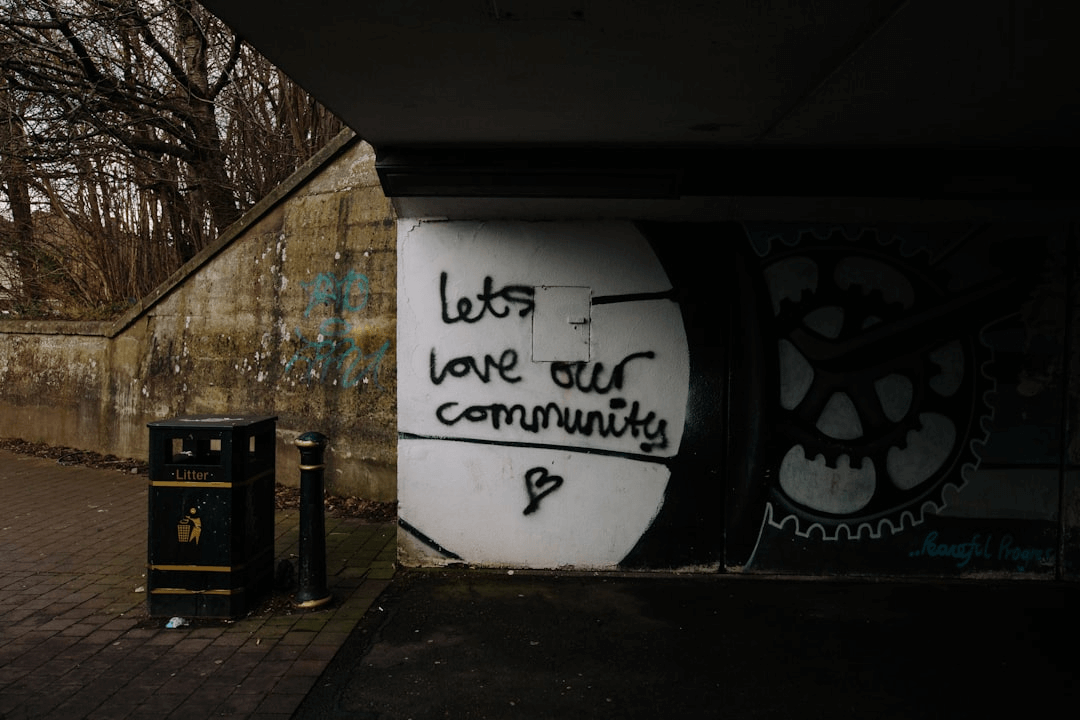
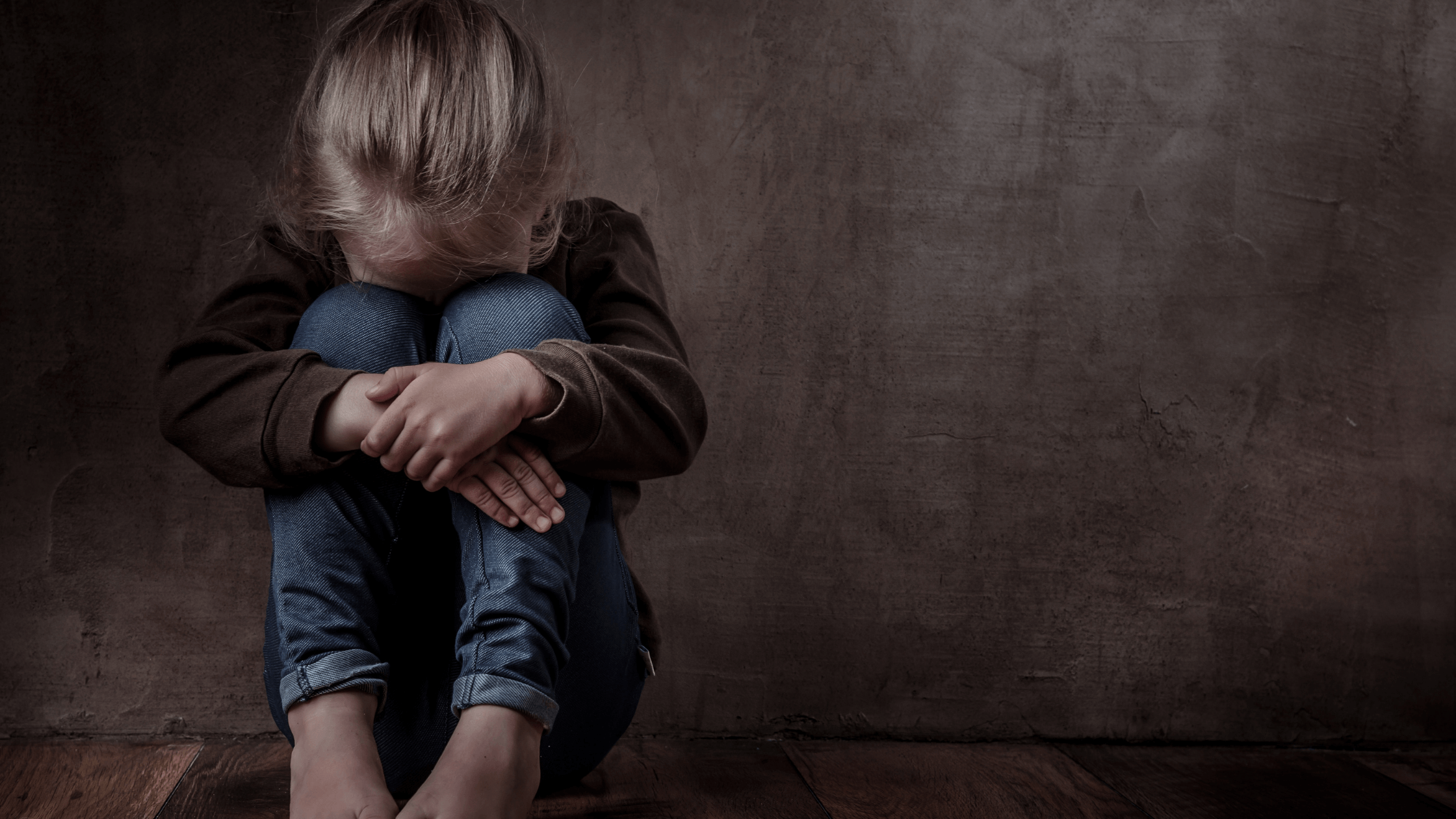
Growing up in a neglectful or toxic household can leave lasting scars, but it also provides an opportunity to break the cycle and create a healthier environment for the next generation. And it only takes one person to shift the trajectory. This journey is deeply personal and requires a commitment to change, but it's absolutely possible. Let's explore how you can take control of your healing process, hold yourself accountable for making positive changes, and remove violence from your parenting style.
Healing is Your Decision
One of the first steps in changing your parenting pattern is recognizing that healing is a personal journey. No one else can decide if you get to heal; that decision rests solely with you. It's important to give yourself permission to let go of past pains and embrace a future filled with love and understanding. Healing doesn't mean forgetting or excusing past neglect or toxicity; it means acknowledging your past and choosing to move forward in a healthier way.
Start by seeking support, whether through therapy, support groups, or trusted friends. These resources can provide you with the tools and encouragement needed to navigate your healing journey. Remember, it's okay to seek help; it's a sign of strength, not weakness.
Accountability and Making Big Changes
Once you've decided to heal, the next step is holding yourself accountable. This involves a conscious effort to make big changes and parent differently than what you experienced. Accountability means being honest with yourself about the behaviors and patterns you want to change and taking deliberate steps to make those changes happen.
Warning: It's FUCKING hard! But so worth it so --
Set specific goals for your parenting journey. This might include creating a more open and communicative relationship with your children or establishing a home environment based on respect and trust. Keep track of your progress and celebrate small victories along the way.
Surround yourself or fill your feed with role models who exhibit the parenting style you aspire to. Learn from their experiences and seek their guidance when faced with challenges. Remember, change takes time, and it's okay to stumble as long as you keep moving forward.
Removing Violence in the Form of Hitting
One of the most significant changes you can make is removing violence from your parenting, particularly in the form of hitting. Physical discipline can perpetuate the cycle of violence and negatively impact your child's emotional and psychological well-being.
Instead, focus on alternative discipline methods that emphasize communication and understanding. Techniques like time-outs, natural consequences, and positive reinforcement can be effective in teaching your child right from wrong without resorting to physical punishment.
Educate yourself on child development and the reasons behind certain behaviors. Understanding why your child acts a certain way can help you respond more effectively and empathetically. Remember, every moment is a teaching opportunity, and your actions can model the behavior you want your children to emulate.
Creating a Positive Home Environment
Creating a nurturing and supportive home environment is crucial in breaking the cycle of neglect and toxicity. Foster open communication by encouraging your children to express their thoughts and feelings without fear of judgment. Listen actively and validate their emotions, showing them that their voice matters.
Establish routines and traditions that promote family bonding, such as regular family meals, game nights, or weekend outings. These activities can strengthen your family unit and provide a sense of stability and security for your children.
Prioritize self-care and model it for your children. Show them the importance of taking care of oneself, both physically and emotionally, and encourage them to do the same. A healthy parent is better equipped to provide a loving and supportive environment for their children.
Changing the pattern of parenting after growing up in a neglectful and toxic household is a challenging but rewarding journey. By deciding to heal, holding yourself accountable, removing violence from your parenting, and creating a positive home environment, you can break the cycle and provide a nurturing upbringing for your children.
Remember, you have the power to shape your family's future. Embrace the journey with compassion and resilience, and know that every step you take toward positive change is a step toward a brighter future for you and your children.
If you need help with that, that's where I come in. Contact me to get personalized coaching tailored to creating your personal parenting map.
*AI-assisted
